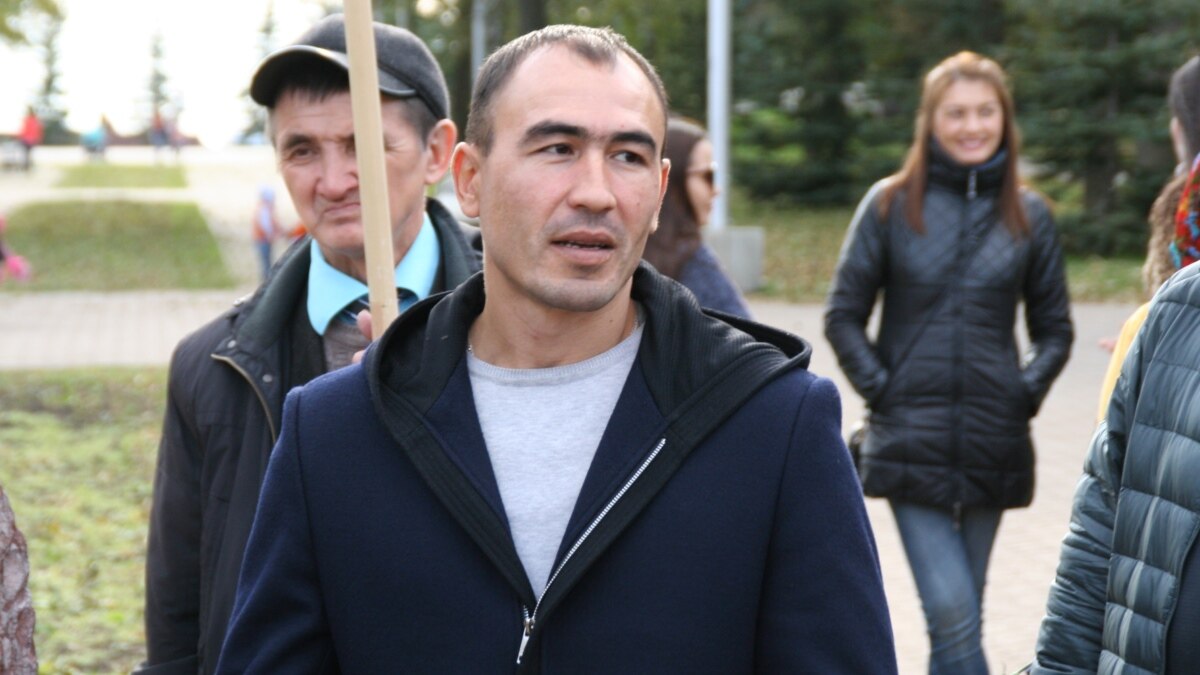BASHKIRS
The Bashkirs are one of the ancient peoples of Eurasia, formed in the Southern Ural region as a distinct ethnic group in the first half of the first millennium AD, and they are an indigenous people of these lands. The earliest written mentions of separate tribes that later became part of the Bashkir nation can be found in the works of Herodotus (5th century BC). Valuable information is also contained in the writings of Sallam al-Tardjeman (9th century) and Ahmed ibn Fadlan (10th century); Mahmud al-Kashgari, in his encyclopedic “Dictionary of Turkic Languages” (1073/1074), listed the Bashkirs among the twenty “main” Turkic peoples under the section on the characteristics of Turkic languages. The territory historically inhabited by the Bashkir people, known as “Historical Bashkortostan,” includes the lands of present-day Chelyabinsk and Orenburg regions, parts of Sverdlovsk, Kurgan, Perm regions, and the Republic of Tatarstan.
The global population of Bashkirs is approximately 1.7 million people, with about 1.172 million living in the Republic of Bashkortostan. The religion is Sunni Islam (Hanafi school).
In the mid-16th century, some Bashkir tribes entered into a treaty with the Moscow state and joined it along with their lands. The majority of the remaining tribes were later conquered and forcibly annexed. According to the treaty, the Bashkirs were required to pay a small tax, defend the southern territories, and participate in all wars of the Moscow state. In return, their lands were guaranteed, where they held full rights (hereditary rights) and were provided with complete internal self-governance. However, shortly thereafter, Moscow began to violate the treaty, seizing Bashkir lands and attempting forced Christianization. The Bashkirs responded with uprisings. Notable Bashkir uprisings shook Russia for over two hundred years, many ending in victory for the Bashkirs, leading the central authority to make concessions. The Bashkirs actively participated in the Russian Peasant War of 1773-1775, led by Yemelyan Pugachev. Almost all Bashkir clans, along with their leaders, sided with Pugachev and fought against the tsarist government. In this uprising, the young Bashkir hero Salavat Yulaev gained fame and later became a national hero of the Bashkir people.
After the February Revolution of 1917, when national consciousness began to awaken among various peoples, the Bashkirs established a Bashkir government led by Akhmet-Zaki Validi, created their national army, and founded the First Bashkir Republic – Bashkurdistan. They had to fight for the recognition of the republic against both the Reds and the Whites. Following the signing of an agreement on March 20, 1919, between the Bashkir and Soviet governments recognizing the Bashkir Republic, a year later Lenin violated this agreement, annulling many of its clauses and removing critical issues under the jurisdiction of the Bashkir government. In protest, Validi left for Central Asia, joining the Basmachi movement. Some Bashkir troops, unwilling to accept Soviet power, left with the White armies for emigration.
In the 1990s, a new phase of the Bashkir national movement for the sovereignty of the republic began. The Bashkir intelligentsia and public formed the Bashkir National Center “Ural,” while Bashkir youth established the “Union of Bashkir Youth,” which became the driving forces in the struggle for a sovereign Bashkortostan. In 1993, the republic’s constitution was adopted, reflecting many aspirations of the Bashkir people. In 1994, a treaty was signed between the Republic of Bashkortostan and the Russian Federation regarding the delimitation of powers, granting Bashkortostan many rights as a state within Russia. However, with the arrival of President Vladimir Putin, the treaty was no longer extended, and many rights of the republic were taken away by the Kremlin. Under pressure from Moscow, the constitution of Bashkortostan was rewritten, with many articles and clauses removed.
In response, Bashkir national organizations “Kuk Bure” and “Bashkort” were created, which repeatedly raised issues regarding the protection of the rights and interests of the Bashkir people and the return of the republic’s sovereignty and the 1993 Constitution of Bashkortostan. The Russian authorities began repressing Bashkir national activists. One of the leaders of the Bashkir national movement, Ayrat Dilmukhametov, received various prison sentences, while criminal cases were initiated against leaders of the “Kuk Bure” and “Bashkort” organizations, and national activist Ramilya Saitova was imprisoned. In 2020, the Bashkir public organization “Bashkort” was designated as extremist, and its activities were banned in Russia. One of the founders of this organization, Ruslan Gabbasov, emigrated from Russia and sought political asylum in Lithuania. Gabbasov created the Bashkir National Political Center and conducts political activities aimed at achieving the independence of the Republic of Bashkortostan and the revival of its statehood. Additionally, the Bashkir National Political Center joined the Free Nations League, where representatives of ethnic and regional movements in Russia fight for their peoples, saving them from colonial existence in the empire called Russia.
ПЕРСОНАЛИИ
Активисты, которые преставляют права народа в Лиге

РУСЛАН ГАББАСОВ
Руслан Габбасов – башкирский политик и общественный деятель. Родился в 1979 году в Ишимбае, Республика Башкортостан. В 2017 году закончил исторический факультет Башкирского государственного университета. В 2011 году стал активистом башкирского национального движения, вступил в Башкирское правозащитное движение “Кук буре”, в котором его избрали заместителем председателя. В 2014 году вместе с единомышленниками создал Башкирскую общественную организацию “Башкорт” (признана экстремистской и запрещена в России), в которой до 2020 года также занимал должность зампредседателя. В ноябре 2021 года эмигрировал в Литву, где попросил политическое убежище. Основатель и руководитель Башкирского национального политического центра.
www.bashnational.com
Facebook
YouTube
Telegram